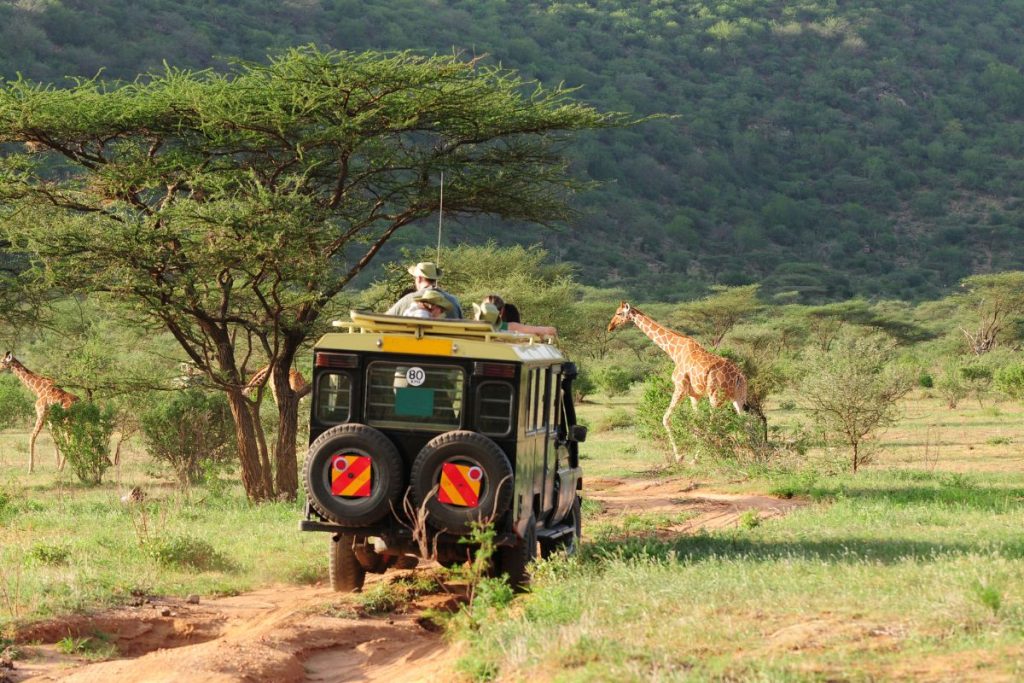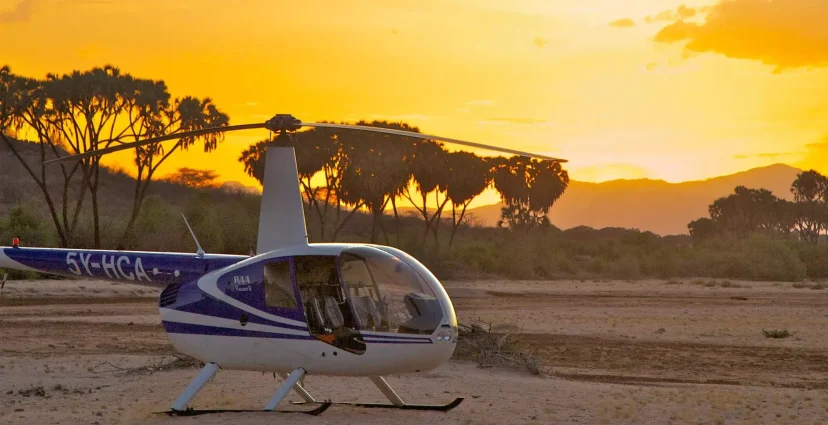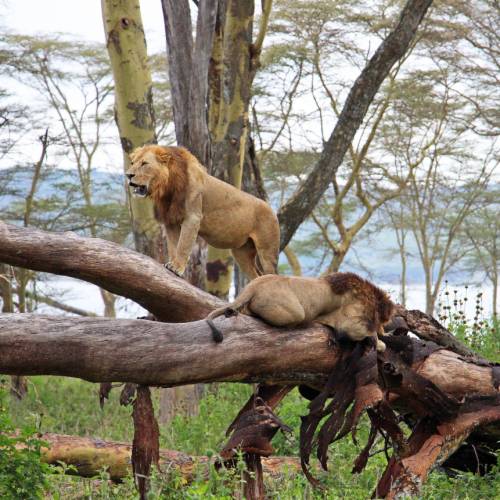New Advice On Picking Park Funzi
Wiki Article
What Transport Arrangements Should I Be Aware Of Prior To My Holiday In Mombasa Kenya?
Understanding the various transportation options in Mombasa is vital to having an enjoyable and successful holiday. These are the most important transport options you need to consider:
1. How do I get to Mombasa
Moi International Airport (MBA), the main airport for Mombasa, is situated in Moi. It is a hub for international as well as domestic flights. Mombasa offers many flights to and to major airlines.
By Train by Train Madaraka, operated Kenya Railways offers a modern railway service that is well-equipped between Nairobi, Kenya, and Mombasa.
Bus: There are several bus companies that provide service between Mombasa (Kenya) and other cities that are major, such as Modern Coast Bus and Coast Bus.
2. Local Transportation in Mombasa
Taxis and Ride-Hailing Services are easy to access. Uber and Bolt, two well-known ride-hailing services in Mombasa provide easy transportation options.
Tuk-tuks: These vehicles with three wheels are a very popular and cheap mode of transport in the city. These vehicles are great for short distances.
Matatus: They are public minibuses that travel on certain routes. They are the most common type of public transport. They are an affordable option however they can be very crowded and less comfortable.
Boda-bodas taxis for motorcycles are readily available for speedy and simple transport, especially for short distances or in areas that have significant traffic.
3. Car Rentals
Rental services for cars are available both at the airport and within the city. International and local car rental companies provide a wide range of automobiles. Be aware of local driving regulations and traffic rules.
Service for Chauffeur: If you aren't keen on driving yourself and want to hire a chauffeured vehicle, a chauffeured rental service is also available.
4. Ferry Services
Likoni Ferry links Mombasa the mainland south of the city. It is a must to get to the southern beaches. For those who walk, it's free. Vehicles are charged a fee.
5. Excursions, day trips and Other Activities
Tour Operators. Numerous tour operators provide scheduled excursions, such as Fort Jesus, the Mombasa Marine National Park Fort Jesus and the nearby beach resorts such as Diani, Nyali, and Fort Jesus. Most of these tours include transportation.
Public Transportation: If an individual traveler, a mix of matatus (tuk-tuks) taxis, matatus and tuk-tuks can help to get you to the many attractions.
6. Walking and cycling
Bicycle Rentals: Some areas, especially along the coastline, provide bicycle rentals for leisurely exploration.
Walking: Walking is possible in certain parts of Mombasa particularly in the Old Town and along the beaches.
7. Tips for Travelers
Use taxis only if they are reputable and stay clear of public transportation during the night. Be mindful of your belongings.
Negotiation is required to get taxis and Tuk-Tuks. As meters are not common, you will need to negotiate before your trip.
Traffic: Expect lots of traffic around the Likoni Ferry as well as in the central business districts at the peak hours.
Making the right choices will ensure you enjoy a an enjoyable holiday in Mombasa. Have a look at the best mombasa old town for site recommendations including kenya mombasa holiday packages, tours & safaris, africa tours and safaris, kenya beach and safari holiday, kenya safaris, tours & safaris, travel tours in kenya, africa and safari, tour company in kenya, safari trips in africa and more.

What Is The Cultural Sensitivity I Should Be Aware Of While Traveling To Mombasa Kenya On A Holiday?
It is important that you adhere to local customs when traveling to Mombasa. This will allow for a more enjoyable experience. Here are some considerations to take into consideration:
1. Dress according to local code of dress
Mombasa is home to a large Muslim number of Muslims. It is respectful to dress modestly, particularly in public places, religious sites, and neighborhood areas. This means you must be sure to cover your shoulders, chest knees, legs, and shoulders.
Wearing swimwear is fine on the beach, but it is recommended to wear a cover-up in the event of leaving the beach or visiting nearby restaurants and shops.
2. Religious Sensitivity
Visit mosques. If you wish to visit a mosque of Islam make sure you have permission to enter and wear conservative attire. Women should cover their hair and take off shoes.
Prayer Times: Be aware of the five times you need to pray for daily prayers and be respectful particularly if you're in the vicinity of the mosque of a Muslim.
3. Photography Etiquette
Permission is always needed prior to taking photos, particularly in rural and traditional environments. Some people might feel uncomfortable, or think it's intrusive.
Restricted areas: Don't photograph in areas that are sensitive like government buildings, military installations or other cultural sites where photography is prohibited.
4. Social Interactions
It is essential to greet people with respect. Swahili's most common greeting is "Jambo" meaning"hello. Although handshakes can be common, Muslim women should wait for males to extend their hands before greeting verbally or waiting for them to greet them.
Your Personal Space: Be aware of your personal space, and avoid physical contact with people who aren't you. This is especially important when you are in a more conservative environment.
5. Cultural Norms Taboos
Public Displays of Affection Beware of public displays of affection since they are usually considered to be inappropriate.
Left Hand Usage - Traditionally the left hand was thought to be dirty. Use your right hand for eating, greeting and exchanging money or goods.
Feet: It's thought to be rude to point your soles of your feet at them or point them at them.
6. Language and Communication
Basic Swahili Basic Swahili Swahili phrases can help you establish relationships and show respect to locals. The most commonly used Swahili words include "Asante" meaning "thank you" and "Habari" meaning "How are you?" ).
Politeness: Always be polite and patient in your communications. Kenyans appreciate courteous and respectful interactions.
7. Respect for local Customs
Respect for customary ceremonies and rituals. You should follow your host's guidelines if invited to an event held locally.
Bargaining is commonplace in local markets and shops. However, it must be done with respect and good humor. It's a tradition of the culture rather than an aggressive one.
8. Alcohol and Smoking
There is alcohol available, but it is recommended to consume it discreetly in areas that are dominated by Muslims. Avoid public intoxication.
Smoking is generally not permitted in public areas. Smoking areas are usually identified.
9. Environmental Respect
Littering: Be mindful to dispose of waste properly and avoid littering. Respect natural areas and wildlife.
Conservation: Support conservation efforts by respecting local wildlife and their habitats. Beware of buying products that are made of endangered species.
10. Helping Local Communities
Local Businesses: Help support the local market, the local artisans, as well as local businesses, to boost the local economy.
Responsible Tourism: Choose environmentally friendly, community-based and sustainable tourism alternatives that benefit the local population.
You can enhance your appreciation of local culture by following these guidelines for cultural sensitivity. Follow the best Sgr transfer to Mombasa Airport for more info including kenya beach mombasa, kenya safari beach, kenya tour operator, mombasa safaris kenya, kenya safari and beach packages, safari excursions, mombasa safaris kenya, african safari packages, beach in mombasa, kenya mombasa holiday packages and more.

What Financial Planning Considerations Should I Know Before Holidaying In Mombasa Kenya?
Making sure you budget your money well will ensure an comfortable and enjoyable trip to Mombasa. Here are a few key financial tips to remember:
1. Budgeting
Accommodation: Make reservations for your accommodations at least a month in advance. Prices for lodging vary depending on location and type.
Include transport costs like taxis, flights as well as matatus (local transport), and car rentals.
Food and Dining Budget: Includes meals out, snacks and other meals. Costs can vary from local restaurants that are budget-friendly to luxury restaurant chains.
Entrance fees for attractions such as guided tours, attractions and other activities such as water sports, safaris or cultural tours.
2. Exchange Rates and Currency
The Kenyan Shilling is the currency of Kenya. Know the exchange rate in effect.
Currency Exchange: Exchange of money is best done at reliable banks or exchange centers. Do not exchange your cash in the street.
ATMs are everywhere in Mombasa. Make sure your card is compatible with international withdrawals, and be aware of any charges.
3. Payment Methods
Cash is useful for smaller transactions, tipping and other places in which credit cards aren't accepted.
In hotels, restaurants and large stores, major credit cards are accepted. Inform your bank about your travel plans to avoid the card from being blocked.
Mobile Payments M Pesa is the most well-known mobile payment system. This is particularly useful to local SIM cards.
4. Saving money is easy by following these suggestions.
Travel Off-Season: Traveling during the shoulder season or low-season (April to June, and October to November) can save cash on accommodation and flights.
Plan your travel well in advance so you can get better rates on flights.
Local restaurants. Go to restaurants or food stands in your area for a more authentic and affordable experience.
5. Tipping
Tipping has now become an African tradition. In restaurants, a 10% tip is standard if service is not included. Tip hotel staff, guides, and drivers as you wish.
The amount: A small amount in the local currency is appreciated. For instance, porters can be tipped around KES 50 to 100 per bag. And housekeepers KES 100 per day.
6. Emergency Funds
Reserve Funds: Have an emergency cash reserve and ensure you have access to extra funds via credit or debit card in case of an unexpected expense.
Travel Insurance: Invest in comprehensive travel insurance that protects you from medical emergencies, trip cancellations as well as loss or theft of possessions.
7. Security
Secure valuables: Keep spare cash, passports, and other valuables using the hotel's safe. Be careful when using an ATM, particularly at night.
Avoid carrying huge sums: Don't carry large amounts cash. Split money and cards between your wallet and a secure place.
8. Local Transactions
Bargaining is a common practice in local markets. Treat it with respect and good humor, and aim to negotiate a fair cost.
Receipts and Records: Keep records of all transactions major and purchases. These can be very helpful in budget tracking, and in the event of disagreements.
9. Understanding Fees
It is possible to check with your bank to see if there are any fees for international withdrawals. Certain ATMs will charge an extra fee if you are using a foreign credit card.
Costs of Currency Conversion Be aware that banks might charge conversion fees when you use your credit or debit card abroad.
You can enjoy a stress-free holiday in Mombasa by managing your finances efficiently. Have a look at the best kenya mombasa train for more advice including tour agents in kenya, kenya africa travel, tour agents in kenya, kenya safari holiday packages, kenya safari and beach packages, facts about kenya, travel tours in kenya, mombasa tour packages, kenya safari tours, holiday packages mombasa and more.
